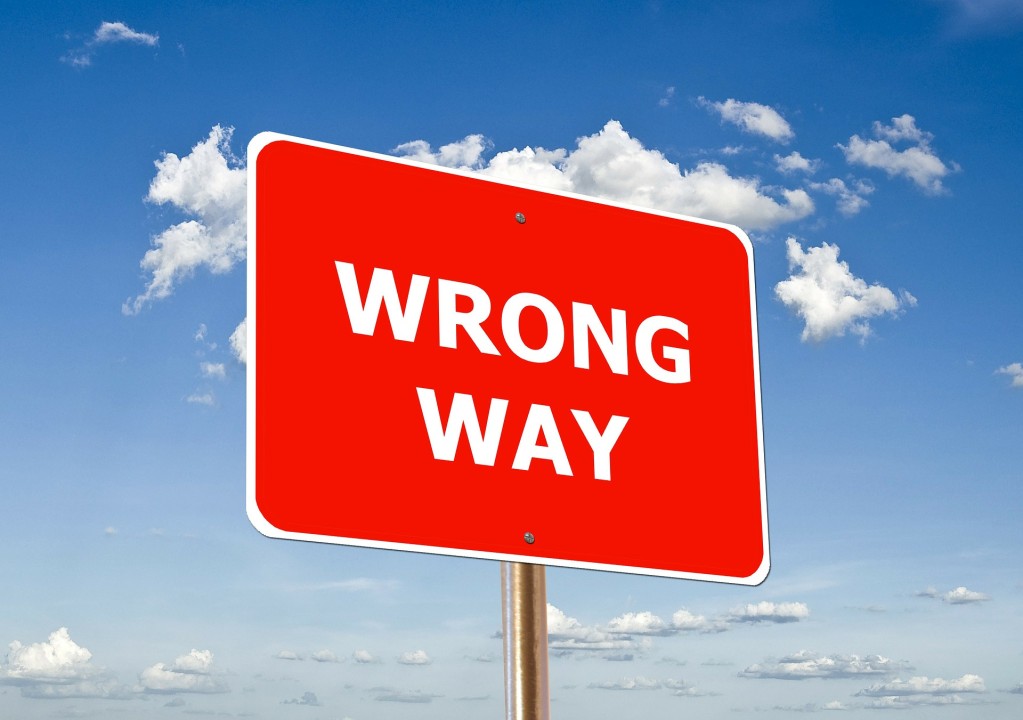
The court in Robertson v. Larkspur Courts (D1d1 May 2, 2023) No. A166818 (nonpub. opn.) could have done worse to the recalcitrant plaintiff than just dismiss his appeal.
In this landlord-tenant dispute over a mold issue, the parties stipulated to a judgment. The landlord did its part and paid Robertson $28,000 as agreed. But then Robertson refused to dismiss his action with prejudice. Robertson previously appealed from the stipulated judgment, which was (predictably) affirmed. Robertson also appealed from a sanctions award, which was also affirmed.
Meanwhile, Robertson was racking up appellate costs awards against him. And—would you believe it?—Robertson also refused to pay those.
Growing tired of waiting around for Robertson’s compliance, the trial court deemed the release to be signed and dismissed Robertson’s case. Robertson then appealed from that dismissal.
The Court of Appeal had no trouble concluding that Robertson’s appeal should be dismissed under the disentitlement doctrine:
"An appellate court has the inherent power to dismiss an appeal by a party that refuses to comply with a lower court order." (Gwartz, supra, 231 Cal.App.4th at p. 757.) "Courts cannot function if their orders and judgments are routinely ignored by litigants or their counsel," and "litigants are [not] free to ignore or refuse to comply with subsequent trial court orders" when their lawful attempts to challenge a court's rulings are unsuccessful. (Findleton v. Coyote Valley Band of Pomo Indians (2021) 69 Cal.App.5th 736, 756.) Rather," '[a] trial court's judgment and orders, all of them, are presumptively valid and must be obeyed and enforced. [Citation.] They are not to be frustrated by litigants except by legally provided methods.'" (Ibid.)
True, Robertson had not been held in contempt for violation of court orders. But that is not a requirement to invoke the disentitlement doctrine. The court may dismiss an appeal under the disentitlement doctrine "where the appellant has willfully disobeyed the lower court's orders or engaged in obstructive tactics," even if the appellant has not been formally held in contempt. (Gwartz, supra, 231 Cal.App.4th at pp. 757-758.) The doctrine has been repeatedly applied in cases where the appellant "has frustrated or obstructed legitimate efforts to enforce a judgment" (id. at p. 758), and it" 'is particularly likely to be invoked where the appeal arises out of the very order . . . the party has disobeyed.'" (Ironridge Global IV, Ltd. v. ScripsAmerica, Inc. (2015) 238 Cal.App.4th 259, 265.) "[T]he merits of the appeal are irrelevant to the application of the doctrine." (Ibid.)
The court concluded that, despite having stipulated to a judgment and the court having implored Robertson to work constructively with the respondents, Robertson “unreasonably prolonged the litigation while burdening respondents, the trial court, and us with his voluminous filings and meritless arguments. We decline to entertain yet another appeal by someone who displays such disregard for court orders and the legal process.”
The Upshot: The disentitlement doctrine is the appellate version of unclean hands. If the court gets the impression that you are pouring sand in the gears of the judicial machinery, this may be a reason for the court to dismiss your appeal.
Here, in addition to dismissal, the appeal itself—from a dismissal based on a stipulated judgment—may have been objectively frivolous as well, supporting appellate sanctions. Recall McQueen v. Huang, where “gamesmanship” in the trial court supported sanctions in the appellate court.